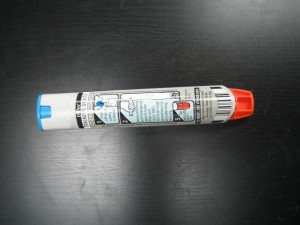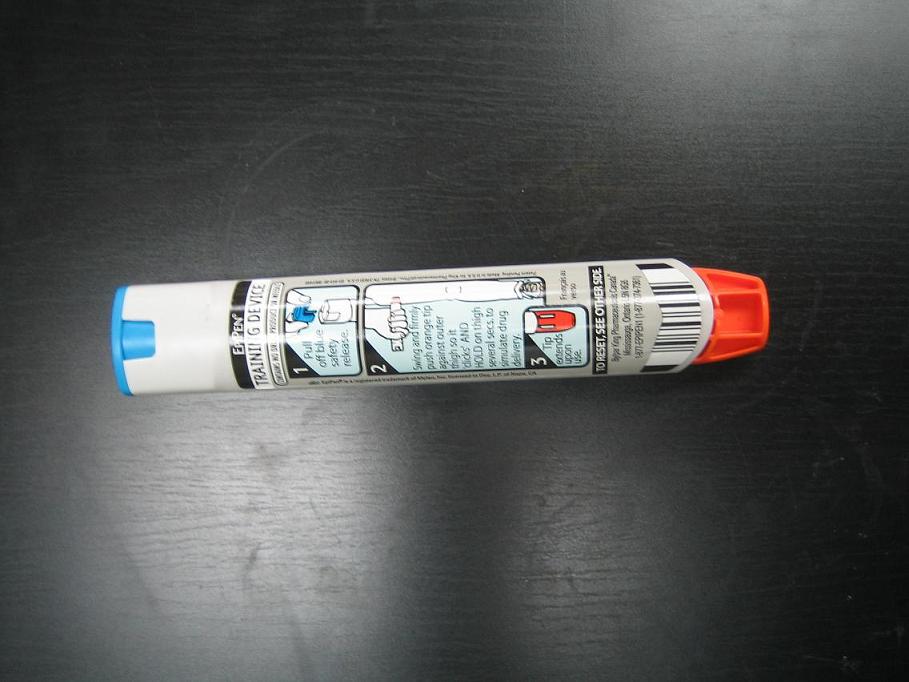An individual can develop scallop allergy or to other shellfish later in life even if he/she was able to eat without any issues before. It is important to note that scallops are a type of shellfish that is commonly used in various seafood dishes. Once an individual experiences any adverse reaction after consuming or directly exposed to scallops, a doctor should be consulted. Based on statistics, allergies to shellfish affect millions of individuals all over the globe and among the most harmful food allergens.
Scratch test for scallop allergy
The individual should undergo a scratch or skin prick test to determine if he/she has scallop allergy. During this test, the doctor will create several tiny scratches on the forearm and expose the area to a minimal amount of the food allergen.
If a mild reaction occurs such as swelling or redness, it simply indicates that the individual has an allergy to the substance.
What are the symptoms?

You should be familiar with the minor symptoms of an allergic reaction after consuming or directly exposed to scallops. The indications of a scallop allergy include the following:
- Hives or reddened, itchy skin
- Flushed face
- Swollen lips and face
- Tingling sensation in the lips or skin
- Abdominal pain
- Stomach cramps
- Vomiting
- Diarrhea
- Faintness
Food choices
The individual should carefully check all the food labels if an allergic reaction to scallops is suspected. The foods that might be contaminated with scallops or other shellfish include pizza toppings, rice dishes, sauces, salad dressings, soups, broths, spreads and even foods that contain gelatin. In addition, sushi and fish might also contain shellfish contaminants.
It is also vital to observe if the individual ends up with an allergic reaction if within close proximity to cooked scallops. When shellfish are heated or cooked, the proteins can become airborne. The symptoms of scallop allergy are triggered upon inhalation of these protein vapors.
Considerations to bear in mind
An individual with scallop allergy should always bring an injectable epinephrine. This must be administered right away to minimize the symptoms of an allergic reaction. Do not hesitate to call for emergency assistance if the individual starts to experience the allergy symptoms after exposure to shellfish.
Anaphylaxis or a severe allergic reaction requires immediate emergency care. The distinctive symptoms of this reaction include swollen tongue or throat, difficulty breathing, low blood pressure and rapid heart rate. This reaction can progress to shock, loss of consciousness and even death.
An individual with scallop allergy must use a medical alert bracelet or medical card that indicates that he/she is allergic to scallops.

